
A Regional Course on Financial and Economic Issues in Regional Integration has taken place in Accra.
It was organized by the West African Institute for Financial and Economic management (WAIFEM) in collaboration with the African Capacity Building Foundation (ACBF).
In n address delivered on his behalf at the opening of the course, the Governor of the Bank of Ghana (BoG), Dr Ernest Kwamina Addison, noted that the reward of economic integration which included gains from both internal and external economies of scale, as well as increased competition and growth, outweighed the loss of sovereignty resulting from the relinquishment of certain nationalistic controls.
Dr Addison also noted that one major challenge associated with economic integration was the relinquishment of nationalistic controls often exercised by a sovereign economy.
He underscored the important role played by economies of scale in policy co-ordination, trade liberalization and the expansion and interconnection of physical infrastructure within individual countries in laying the foundation for regional integration and urged countries in the West African sub-region not to prevent economic integration from thriving in the region.
He said the world was now a global village interconnected through trade, finance, economic and social issues, and, therefore, countries on the African continent should embrace it to remain relevant in the global environment.
Dr Addison said African countries, in recent times, had taken steps towards regional and economic integration and that these regional groupings were premised on the major objective of harmonizing Africa's enormous economic potentials, supported by co-ordinated policy measures that would ultimately lead to accelerated growth and development.
He cited the East African Community (EAC), Economic Community of Central Africa States (ECCAS), Economic Community of West African States (ECOWAS), Common Market for Eastern and Southern Africa (COMESA), South African Development Community (SADC), Community of Sahara-Sahelo States (CSS), Inter-Governmental Authority for Development (IGAD), and the Arab Maghreb Union (AMU) as the regional groupings that had evolved.
On progress towards integration, Dr Addison said significant advancements had been made in the areas of common passports, abolishment of visa requirements for citizens, common customs arrangements, establishment of a West African Parliament and the West African Health Authority.
He expressed the hope that improvements such as, harmonization of monetary policy frameworks; establishment of a common currency; establishment of a settlement bank to alleviate the difficulties faced in the settlement of international trade disagreements between member states; the adoption of principles of a free trading bloc among member states; linkage of electronic payments systems to facilitate citizen's access to retail transactions such as Point of Sale Terminals (POS) and Automated Teller Machines (ATMs), irrespective of country of origin; and the linkage of financial markets across the sub-region and the harmonization of regulatory standards such that Brokers of one country trade freely and without hindrance in other member states would cement the already existing close ties and firm up regional integration across West Africa.
In a statement, the Director-General of WAIFEM, Prof. Akpan H. Ekpo, disclosed that WAIFEM had, since its inception in 1997, executed over 596 training and capacity building programmes benefitting about 16, 230 middle and senior executive level officials from the sub-region and beyond.
He said the mission of the WAIFEM was to develop, on a sustainable basis, expertise in the field of macro-economic and debt, and financial sector management among staff of Central Banks, Ministries of Finance and Economic Planning, and other public sector bodies with core economic management responsibilities.
The Institute, he said, had also been empowered to conduct research and consultancy in the area of macroeconomic policy management and to promote the adoption of best practices.
Touching on the course for this year, Prof. Ekpo said the main objective of the programme was to broaden participants' understanding of various aspects of economic, monetary and financial integration, with a focus on broad themes like, overview of financial and economic integration, requirements for economic and monetary integration, the convergence process in the sub-region, trade, financial and monetary integration, among others.
He expressed appreciation to the African Capacity Building Foundation (ACBF) for its support to WAIFEM over the years.
Read Full Story


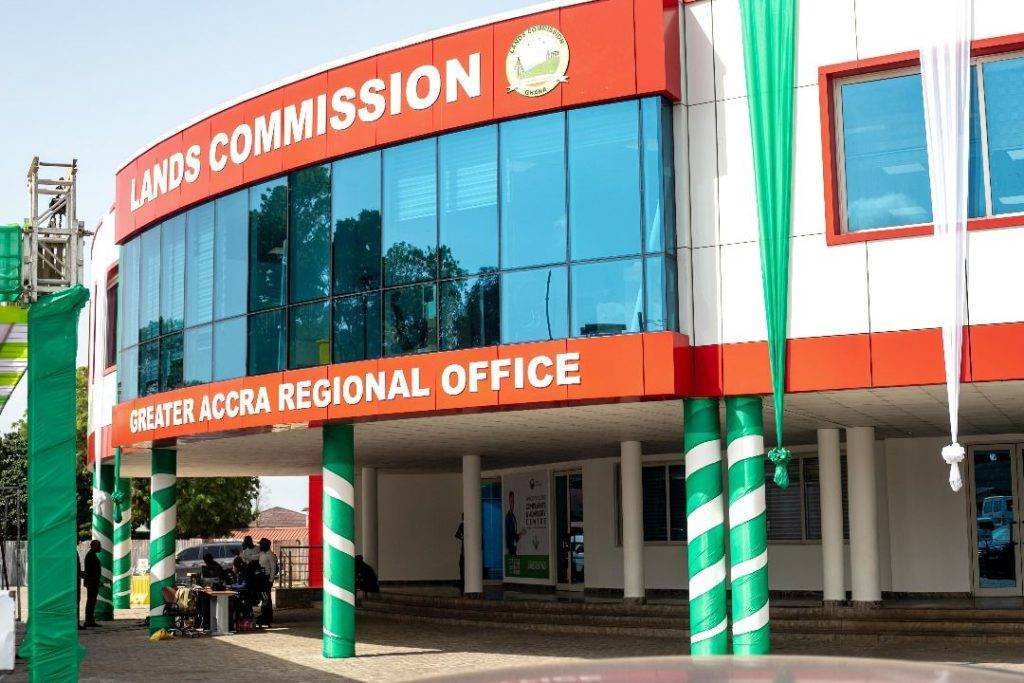
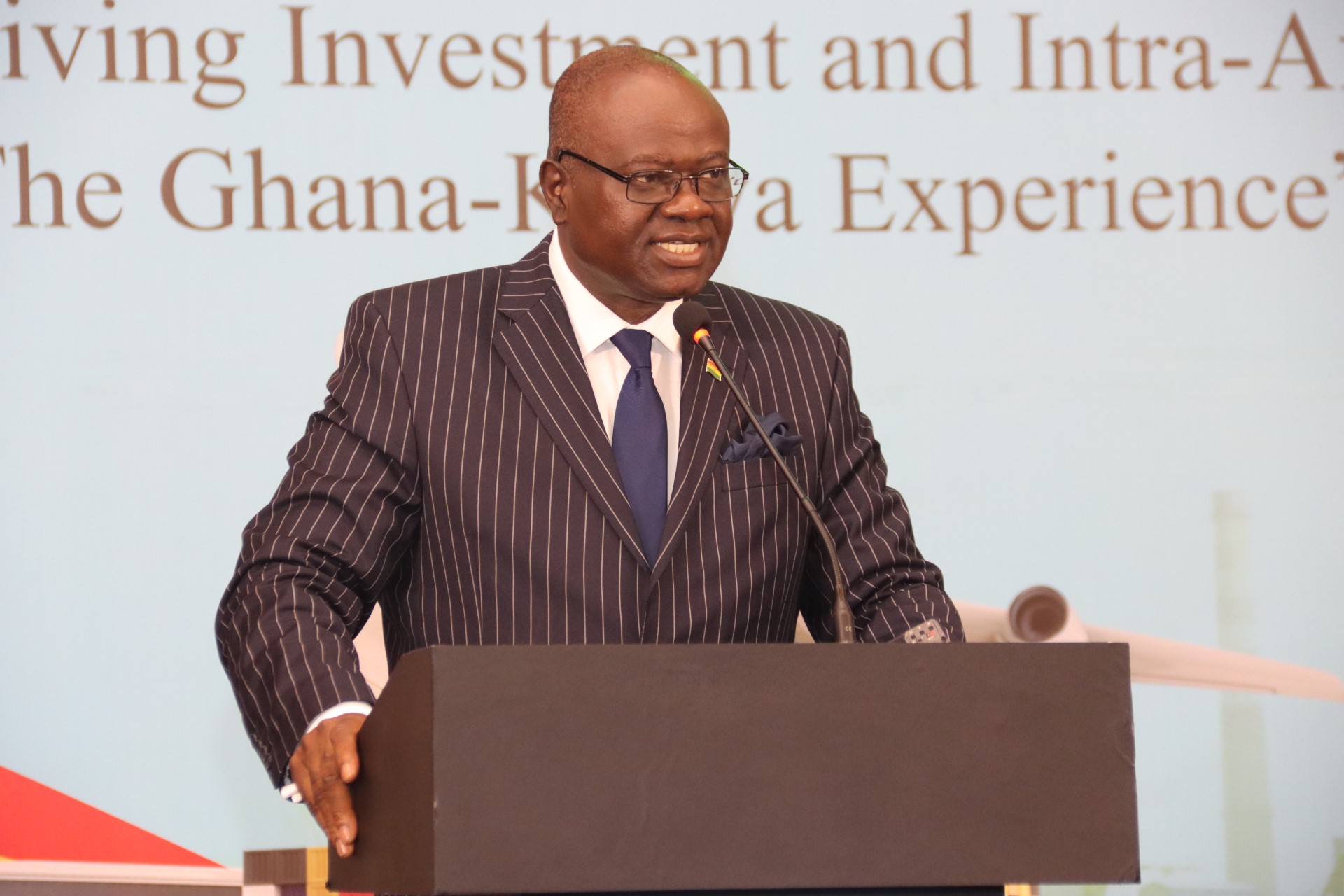
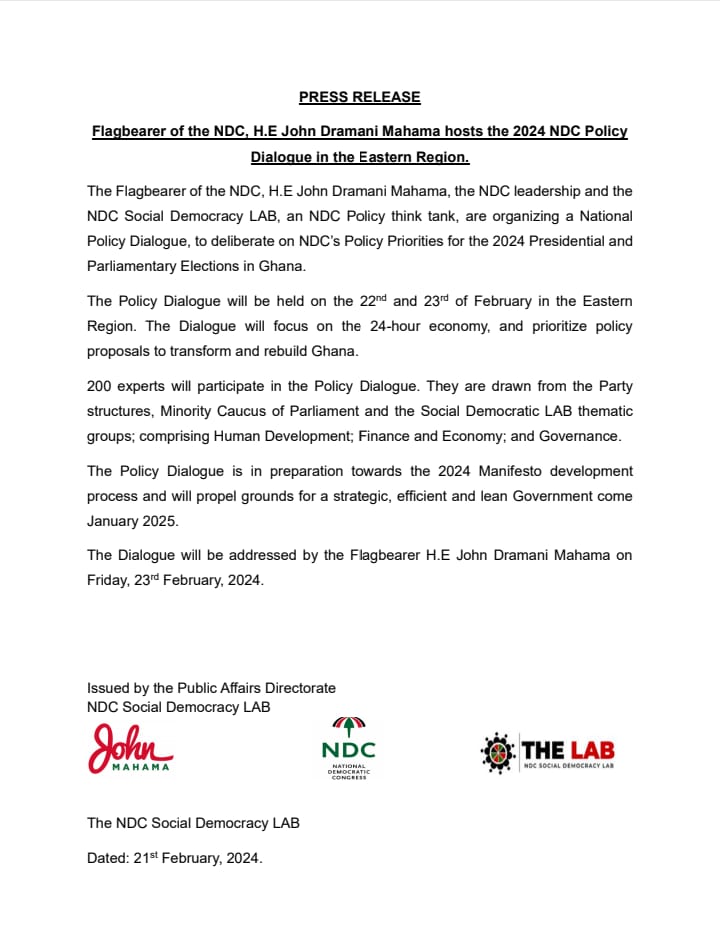











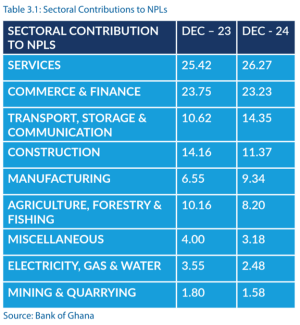
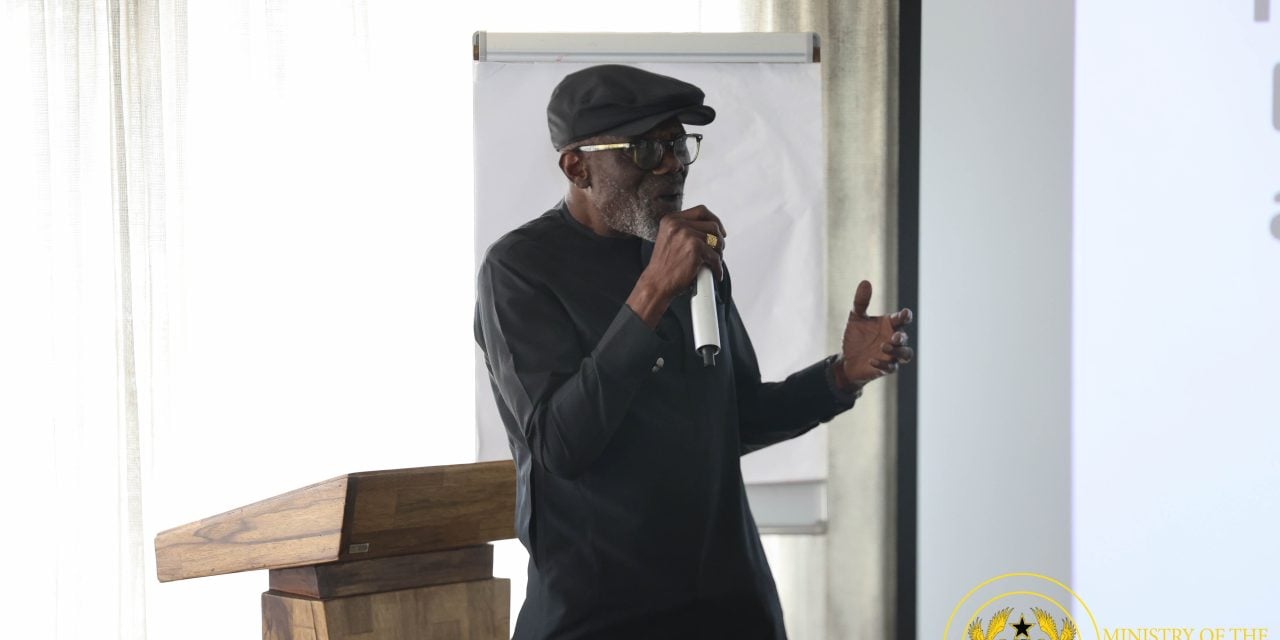
Facebook
Twitter
Pinterest
Instagram
Google+
YouTube
LinkedIn
RSS